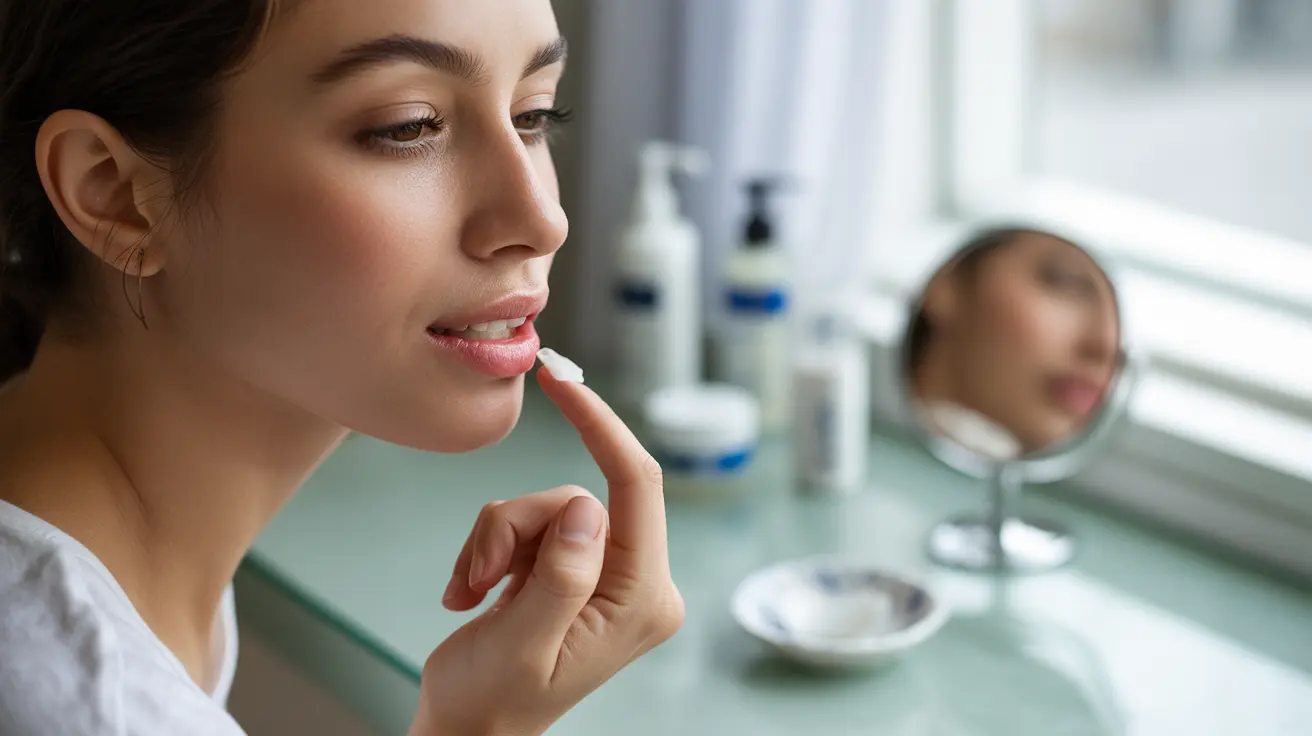If you've ever wondered about using Vaseline on your lips, you're not alone. This common household product has been a go-to remedy for dry, chapped lips for generations. But is Vaseline good for your lips, and how effective is it really? Let's explore the science behind this popular lip care solution and understand its benefits and potential drawbacks.
How Vaseline Works on Lips
Vaseline, or petroleum jelly, creates a protective barrier on your lips that locks in moisture and prevents water loss. This occlusive property makes it particularly effective at helping heal dry, chapped lips by giving them time to repair naturally while protected from environmental factors.
The Science Behind the Barrier
When applied to lips, Vaseline forms a semi-occlusive layer that allows some oxygen to reach the skin while preventing moisture from escaping. This creates an ideal environment for natural healing and helps maintain lip hydration levels.
Benefits of Using Vaseline on Lips
Moisture Protection
One of the primary benefits of using Vaseline on lips is its ability to lock in moisture. This is especially helpful during cold weather or in dry environments where lips are more prone to becoming chapped.
Healing Properties
While Vaseline doesn't actively add moisture to your lips, it helps retain existing moisture and creates optimal conditions for natural healing. This makes it particularly effective for treating:
- Cracked lips
- Wind-burned lips
- Environmental damage
- General dryness
Proper Application and Usage
To get the most benefit from Vaseline on your lips:
- Apply a thin layer to clean lips
- Reapply as needed throughout the day
- Use it before bedtime for overnight protection
- Consider applying after lip balm for enhanced moisturizing effects
Potential Concerns and Considerations
While Vaseline is generally safe for most people, there are some considerations to keep in mind:
- It's not a moisturizer but rather a moisture barrier
- Some people may experience a heavy or greasy feeling
- It's important to use pure petroleum jelly rather than scented or flavored varieties
- Those with specific sensitivities should perform a patch test first
Alternative Options for Lip Care
If you're looking for alternatives to Vaseline, consider:
- Natural beeswax-based lip balms
- Products containing shea butter or coconut oil
- Hyaluronic acid-based lip treatments
- Vitamin E-enriched lip care products
Frequently Asked Questions
Is Vaseline good for moisturizing dry or chapped lips?
Yes, Vaseline is effective for treating dry and chapped lips by creating a protective barrier that prevents moisture loss and allows natural healing to occur.
How does Vaseline work to protect and hydrate lips?
Vaseline works by forming an occlusive barrier that locks in existing moisture and protects lips from environmental factors that can cause dryness and irritation.
Can using Vaseline on lips cause any side effects or allergic reactions?
While rare, some people may experience sensitivity to petroleum jelly. Pure Vaseline is generally non-allergenic, but scented or flavored versions may contain additional ingredients that could cause reactions.
What are better alternatives to Vaseline for treating dry lips?
Natural alternatives include beeswax-based balms, shea butter, coconut oil, and products containing hyaluronic acid or vitamin E. The best choice depends on individual needs and preferences.
Is it safe to use Vaseline on cracked or severely chapped lips?
Yes, Vaseline is safe to use on cracked or severely chapped lips. Its protective properties can actually help speed up the natural healing process while preventing further damage.




